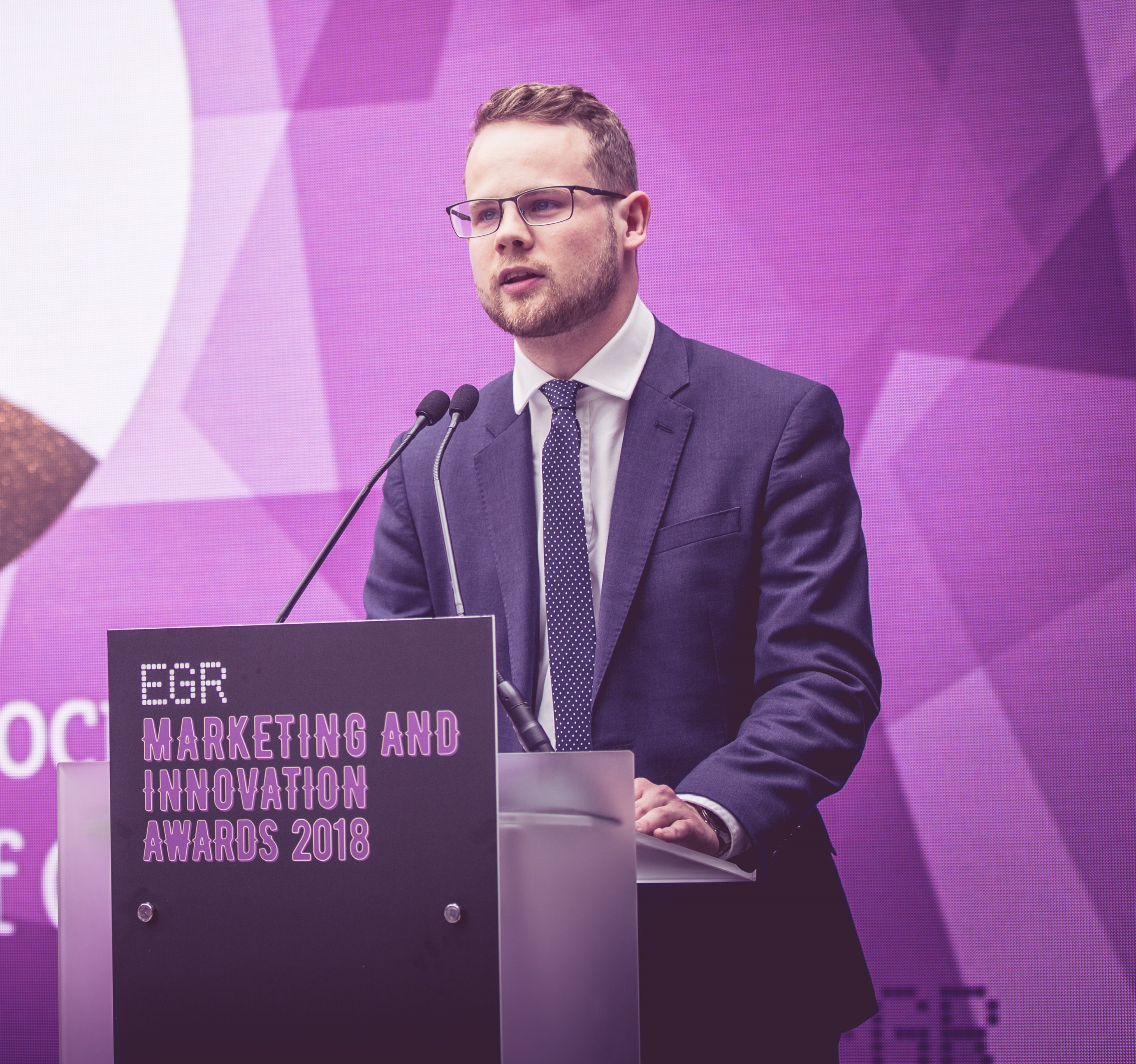
Regulation round-up 11 April 2017
The biggest regulatory news from the egaming industry in the last seven days (5 April to 11 April 2017)


ASA chief harbours “concerns” over bookie ads
Guy Parker, chief exec of advertising regulator, says some gambling adverts include “unfair contract terms”
Advertising Standards Authority (ASA) chief executive Guy Parker has told EGR Intel the regulator has “concerns” over the advertising of gambling promotions, and warned bookies they face reputational damage if found to be breaking the rules.
Taking part in an exclusive Q&A, which can be viewed here, Parker refuted any suggestion the ASA applied stricter rules to the regulation of gambling ads, although said the volume of investigations in 2016 was “too high”.
Last year, the ASA received a total of 1,804 complaints in relation to 730 adverts, however, only 43 resulted in formal investigations, with 38 ads banned.
“That’s 5% of the gambling ads about which we received complaints, which doesn’t sound too high,” Parker said, “but it’s also 9% of the total number of formal rulings – upheld and not upheld – that we published last year against ads in any sector. That’s too high,” he added.
We’d sell Svenska Spel if elected, says Sweden opposition party
The future of ownership of Svenska Spel may well depend on the outcome of Sweden’s 2018 general election, a prominent Swedish politician has told EGR Intel.
Olof Lavesson, party member of the opposition centre-right Moderate party, made clear that it was not government’s place to compete against the private sector and would quickly look to sell the operator should it form part of the next government.
“If [Svenska Spel] will be among others in the market then there will be no reason for the government to own the company anymore so we should sell it as soon as possible,” he said.
And Lavesson’s words echoed the actions of former Moderate prime minister Fredrik Reinfeldt, who sold-off the former state-owned alcohol brand Absolut Vodka back in 2008.
Seven days in regulation:
EU lawyer questions legality of Hungary’s egaming framework
An EU lawyer has questioned the legality of Hungary’s online gambling framework as part of an ongoing case between Kindred Group and the country’s National Tax and Customs Administration.
Advocate General of the Court of Justice of the European Union CJEU), Maciej Szpunar, said last week that Hungary had imposed unjustified restrictions on the ability of the company’s Unibet brand to operate in the market.
Szpunar confirmed previous findings that EU Member States are obliged to organise a transparent licensing process and are precluded from sanctioning an operator holding a licence in another Member State.
Swedish monopoly operators launch new trade body
Sweden’s monopoly operators including Svenska Spel and ATG have announced the launch of a new trade association ahead of proposals to re-regulate the country’s gambling market.
The National Gaming Industry Organisation (Spelbranschens Riksorganisation) replaced the now defunct Games Industry Ethics Council (SPER) last week and plans to represent both online and land-based operators.
The new body, which also includes Paf as a supporting member, will be led by Svenska Spel’s CEO Lennart Kall as chairman and Jenny Nilzon, who previously worked at the Swedish Postcode Lottery for three years, as CEO.
Ladbrokes fined for Australian advertising breach
Ladbrokes was fined AU$35,000 by an Australian local court last week after the operator was found guilty of breaching the advertising laws of New South Wales (NSW).
The Downing Centre Local Court convicted Ladbrokes for promoting its Odds Boost and Odds Boost Extra products to NSW residents on the firm’s website, in The Sydney Morning Herald and via YouTube.
The operator, which was fined for similar offences in November 2015, must now pay a fine totalling $35,000, as well as $50,000 in legal costs following an investigation by Liquor & Gaming NSW.
Analysis: Can Sweden save the European dream?
Sweden’s proposal for an open regulated online gambling market was cautiously welcomed by an industry reeling from some regulatory body blows in recent months. The road to regulation has never been an easy one, and for all the progress made in the past decade there is a genuine risk of the sector taking a step backwards in 2017. And within this context, the progress in Sweden begins to take on some major significance.
The previous year was a decidedly mixed one for regulation advocates with strong growth in Italy and Spain, and a hugely positive response to increased regulatory oversight in the UK, cast against some more regressive moves elsewhere. Poland and the Czech Republic introduced regulatory regimes with tax rates set at punitive levels, while operators withdrew from the similarly structured Portugal market in their droves.
The bright new hope of the Netherlands also frustrated with a 29% tax rate and glacial progress towards market opening, with late 2018 now looking likely as a go-live date. The Dutch market could still be a breakthrough in terms of establishing a major revenue generating market with strong channelisation, but its troubled progress is not something to suggest optimism for the rest of Europe to follow suit.